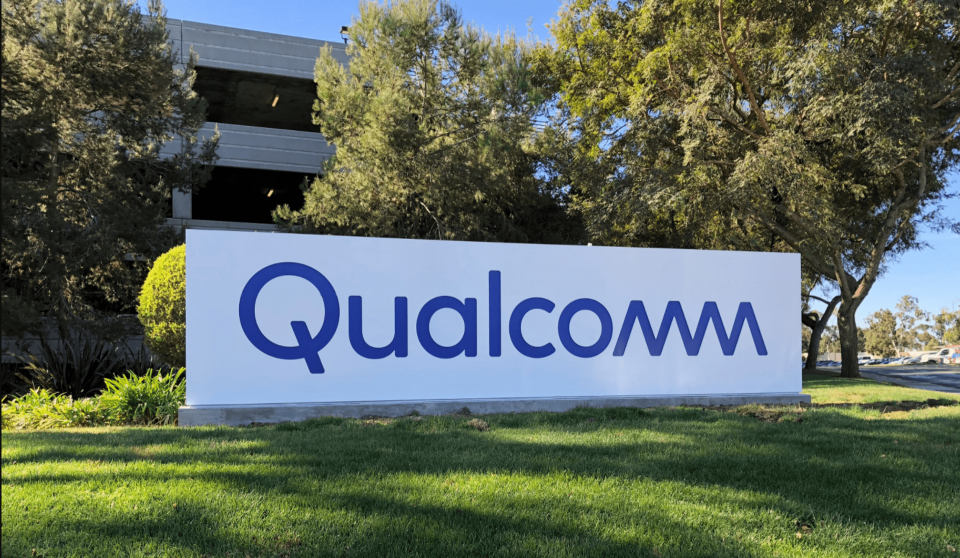Chipmaker Qualcomm has announced the new entry-level chip for Windows laptops. The Snapdragon 7c Gen 2 is meant for Windows PCs and Chromebooks and is an update to the Snapdragon 7c that Qualcomm launched in 2019. Also, the new chip delivers up to 10 per cent more system performance than competing platforms and will offer over 19 hours of battery life, which is ‘up to two times that of typical entry-level laptops.
The Snapdragon 7c Gen 2 competes with Intel’s Celeron N4020, the Intel Pentium N5030 and the MediaTek MT8183 chips. The chip uses an octa-core Kryo 468 CPU, clocked at 2.55GHz, the same CPU we saw on the 2019 version of this chip, except that the clock speed has been increased. It’s built on the 8nm fabrication technology and will have the 14-bit Qualcomm Spectra 255 image signal processor (ISP). The ISP supports dual cameras with up to 16MP resolution or a single 32MP sensor. It can record videos in 10-bit colour.
Moreover, the chip will support up to QHD displays with 60Hz refresh rate and has dual-channel LPDDR4x RAM support. It can work with eMMC 5.1 and UFS 2.1 storage solutions as well. For audio and video playback, there’s support for 4K HDR10 resolution and the H.265 (HEVC), H.264 (AVC) and VP9 codecs. Qualcomm’s own aptX audio codec is supported too, of course.
Qualcomm also announced a new Snapdragon Developer Kit for Windows 10 PCs, which has been designed to improve the quality of apps built for Windows 10 devices powered by Snapdragon chips. Windows PCs on running on ARM chips (like those made by Qualcomm) have struggled to keep up in terms of app support, so this may be an important addition.
- Stocks Under F&O Ban: Hindustan Copper, RBL Bank, and Others
- Govt plans new route connecting Noida airport to NH-34
- India Ranks Third in Global Fintech Funding, Despite 33% Drop in 2024
- India’s Retail Inflation Drops to 5.22% in December, Food Inflation at 8.39%
- Donald Trump Inauguration: Xi Jinping Invited, S Jaishankar to Represent India
Microsoft and Qualcomm began the journey to make laptops that run on mobile chips long ago, but the efforts have much more significance now with Apple making waves with its new M1 chip. While the M1 chip is much more powerful than the entry-level Snapdragon 7c2, it’s widely been seen as proof that full-fledged PCs can indeed run on ARM-based chips.





